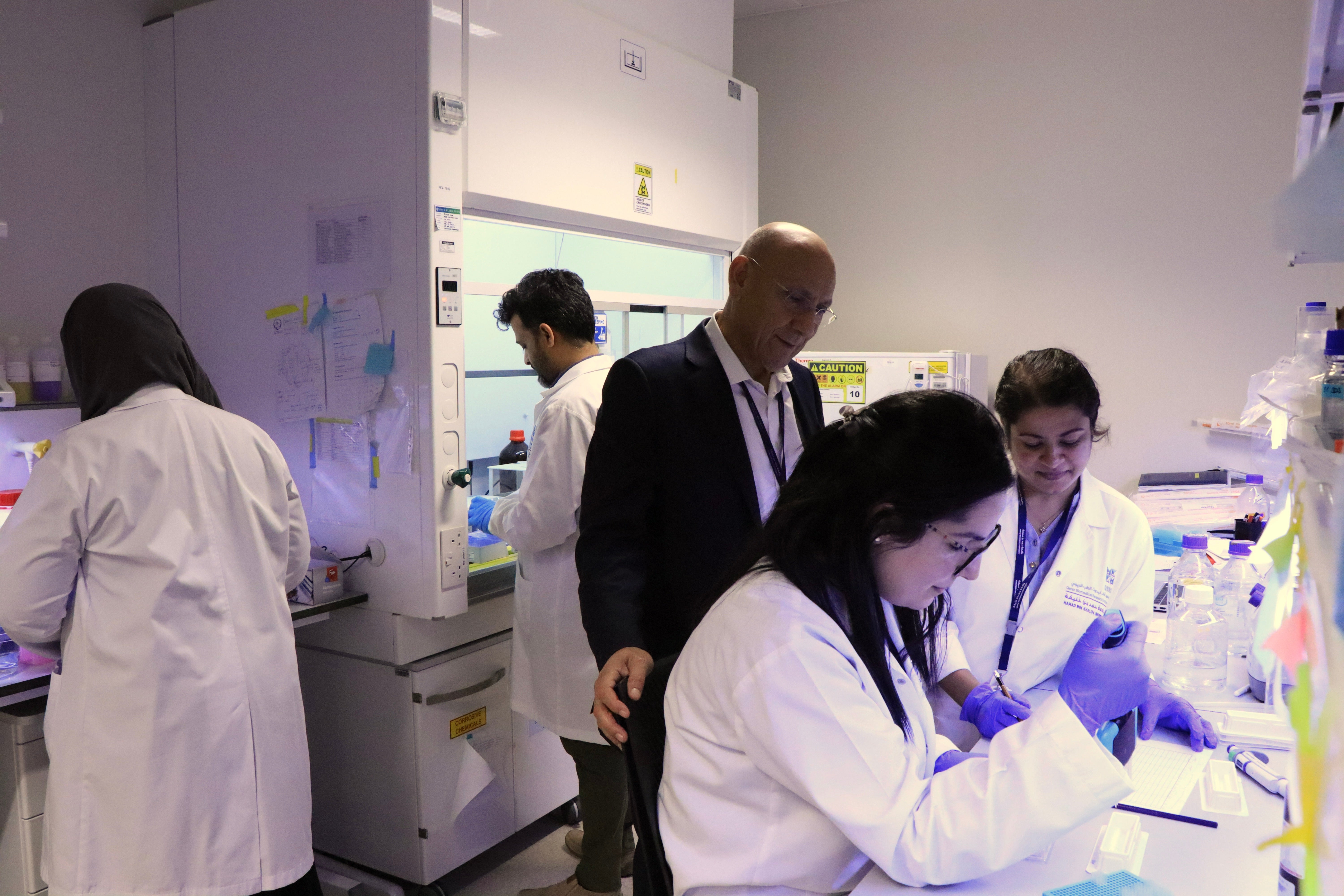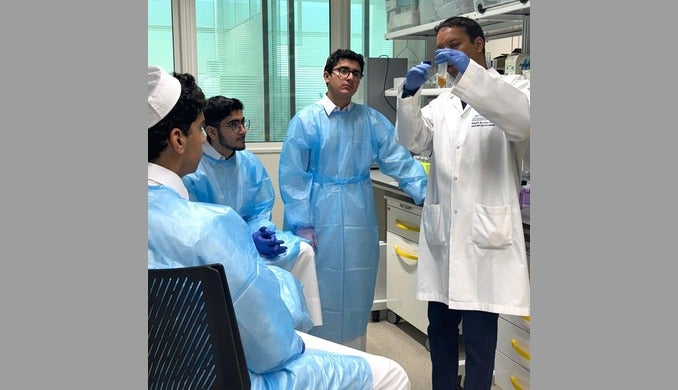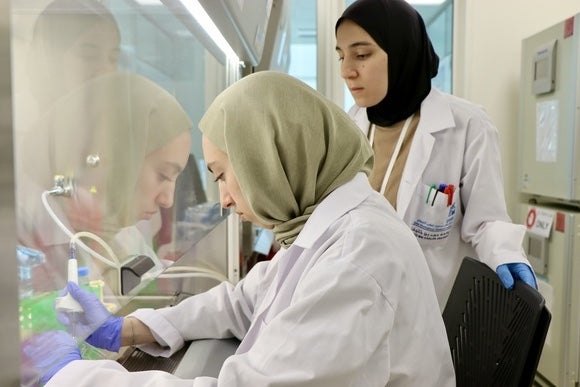The Qatar Biomedical Research Institute’s blood protein biomarker study will help to unravel mysteries surrounding the autism spectrum disorder and advance understanding of the condition.

By Dr. Omar El-Agnaf
Autism Spectrum Disorder (ASD) is a complex neurodevelopmental condition affecting millions of individuals worldwide. Despite its high prevalence, there is still a lack of understanding regarding its underlying molecular basis, hindering the development of accurate diagnostic and therapeutic strategies. At the Qatar Biomedical Research Institute (QBRI), efforts are being made to unravel the mysteries of ASD and advance our understanding of this condition.
While the exact reasons for the increasing number of ASD cases remain uncertain, changes in diagnostic criteria and increased awareness of ASD may potentially be contributing factors. Over time, diagnostic criteria have become more comprehensive, enabling healthcare professionals to better grasp the diverse characteristics and presentations of autism. Consequently, individuals with milder or atypical forms of autism, who may have previously remained undiagnosed, are now being recognized and identified more frequently. Although genetic causes account for only 30-40% of ASD cases, the rest have unknown causes. Various environmental predispositions, including parental age, birth injuries, viral infections, exposure to toxins and drugs, and maternal autoimmunity, are considered potential risk factors for ASD.
Right now, there isn't a genetic or blood test available to screen or diagnose ASD. Currently, doctors rely on observing the symptoms and behavior of individuals with ASD to make a diagnosis. However, this method can be challenging because ASD symptoms can vary, especially in females who may not show obvious signs of ASD. That's why it's important to find a biomarker in order to diagnose ASD. Having a biomarker would help support the current diagnostic methods and provide a deeper understanding of this complex condition. Identifying biomarkers for early diagnosis is crucial for implementing early behavioral interventions and improving outcomes for individuals with ASD.
Extensive research has been conducted on the genetics of ASD in different populations. More recently, there has been a growing interest in studying and exploring the blood proteome of individuals with ASD. A recent pilot study, led by Dr. Omar El-Agnaf, Principal Investigator, Neurological Disorders Research Center, QBRI, had two main aims: 1) to identify potential blood protein biomarkers of ASD in the population of Qatar; 2) to perform an in-depth blood proteome analysis to discover common underlying abnormalities in ASD cases considering how different ASD can be among individuals. The study utilized advanced technology capable of measuring over 1100 different proteins in the blood simultaneously, and tested levels in blood samples taken from children with ASD and healthy children.
The blood profiling analysis identified abnormal biological processes that might be involved in ASD, and the proteins involved in these processes were linked to the severity of ASD. They discovered 251 proteins in children with ASD that had abnormal levels compared to healthy children. Out of these, 237 proteins had increased levels while 14 proteins had decreased levels. To further investigate, the team employed machine learning to select proteins and test their ability to classify children with ASD and healthy children. The machine learning algorithm identified 15 proteins that could classify ASD and non-ASD children with an accuracy of 91.4%. Interestingly, as the symptoms of ASD became more severe, the levels of these proteins changed accordingly. However, more testing is needed to fully understand the significance of these pathways and the proteins involved in ASD at the cellular and molecular level.
This insightful study, conducted in Qatar, is the first of its kind in the region and one of the few worldwide that comprehensively examines a vast array of blood proteins in children with ASD. It also represents just one example of the extensive research happening at QBRI to uncover the molecular causes of ASD and improve diagnosis and treatment options for affected individuals. In a study published last year, Dr. Sara Abdulla, a scientist in QBRI’s Neurological Disorders Research Center, and her team used an ASD cohort from the population of Qatar to identify microRNA biomarkers of ASD. Another team led by Dr. Abdelilah Arredouani, a senior scientist attached to QBRI’s Diabetes Research Center, is conducting ongoing work to define altered metabolic patterns associated with ASD, . In addition, Dr. Hyung Goo Kim, a senior scientist in QBRI’s Neurological Disorders Research Center is leading a study to analyze the whole genomes of affected children in the same cohort to discover genetic variations uniquely associated with ASD in the Arab population.
The extensive research conducted at QBRI represents a significant step forward in the fight against ASD. Through the discovery of biomarkers and genetic variations, QBRI researchers aim to improve early detection and develop more effective treatments for this complex condition.
Related News










